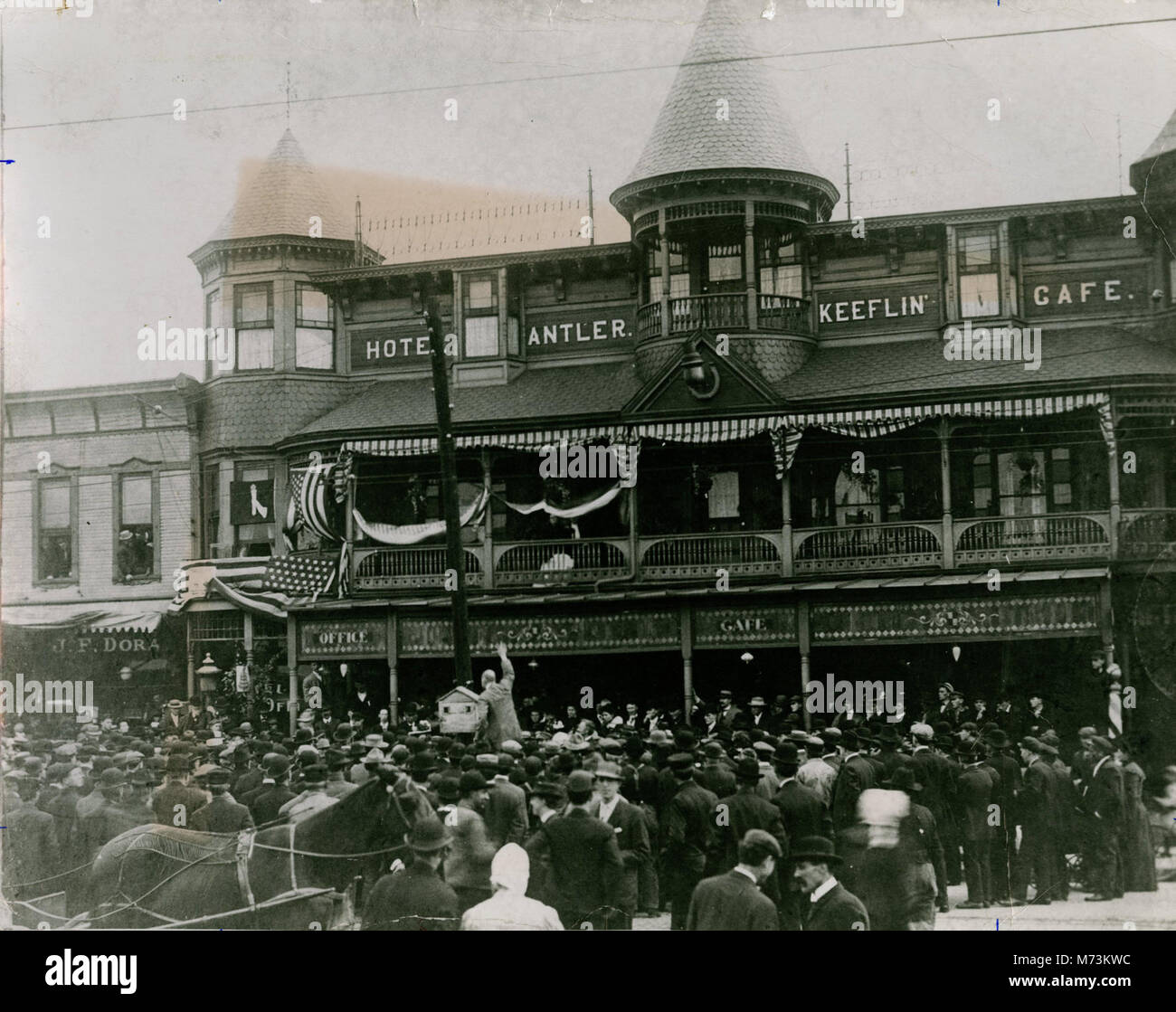
“I determined that when I was going to teach history, it was going to be class-conscious history. When he was in graduate school he says, he realized the extent to which labor struggles had been erased from United States history, from elementary schools to universities. He says he starting a reading group with his co-workers at the shipyards, where they read Karl Marx, Upton Sinclair, and Eugene Debs.Ģ2:55 Copy video clip URL Zinn talks about growing up class-conscious, in part due to his father’s membership in the waiters’ union when he was growing up. He talks about how corporations had no problem with “big government” until the government starting pursuing programs like Social Security and the GI Bill that benefitted everyday working people.ġ9:05 Copy video clip URL Zinn says Debs was probably the first socialist that he heard about. “I was a union person before I ever set foot in a college classroom.” Zinn gives credit to the GI Bill for allowing him to attend college. He thanks the Foundation and says that he feels very much at home with trade union people. Debs Award in Education.ġ4:48 Copy video clip URL Zinn takes the podium. Clark hands Zinn a plaque honoring him with the Eugene V. He says that Howard Zinn responded enthusiastically when they asked him to support the union drive by participating in a demonstration at the company plant. Clark speaks about a union drive that took place a few years back in Massachussetts. He talks about the shifts in United States society since his first visit to the Debs Home, namely the proliferation of alternative perspectives and histories, which he credits to Zinn. He recounts how he and some of his friends in his Marxist reading group traveled out to Terre Haute to visit the Eugene V.

Debs Foundation held at Indiana State University in Terre Haute, Indiana.Ġ:40 Copy video clip URL The quartet leads the attendees in a rendition of “Solidarity Forever.”ģ:18 Copy video clip URL Noel Beasley introduces Ed Clark.Ĥ:15 Copy video clip URL Ed Clark says his last time in Terre Haute was thirty five years ago, when he was a budding young radical at Southern Illinois University. Howard Zinn attends an Awards Dinner for the Eugene V.


 0 kommentar(er)
0 kommentar(er)
